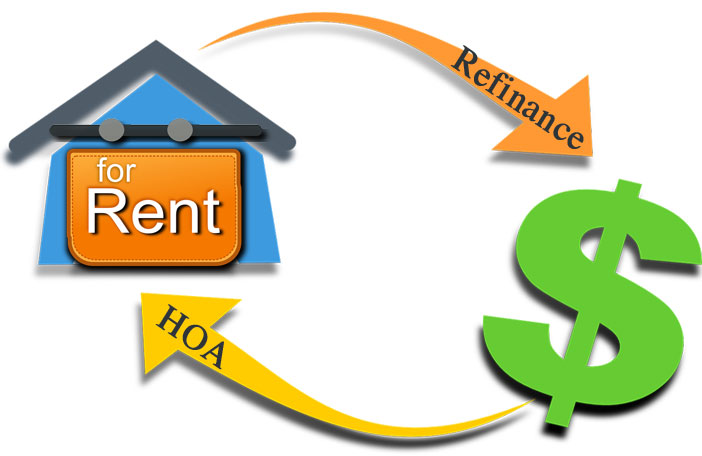The issue of Reporting Rentals to Banks is a question that often comes up in HOA communities. Below is an article from the Davis-Stirling.com Newsletter by AK Adams Kessler regarding Reporting Rentals to Banks.
QUESTION: Is my HOA required by law to gather data with regard to occupancy (owner or renter) in our development? I am unable to refinance because most lenders require this information.
ANSWER: No, there is no such requirement. Some boards may have stopped tracking rentals since they can’t do anything about them–a perverse gift of the California Association of Realtors (CAR). In 2011, CAR pushed through legislation crippling the ability of associations to adopt rental caps.
As a practical matter, most associations provide such information (as best they can) to assist owners with the refinancing and sale of their units since lending institutions recognize the damaging effect too many rentals have on property values and the stability of community associations.
Even though there is no statutory duty to gather rental information, if the matter were litigated, an argument could be made that (i) the information is vital to members, (ii) impossible for members to collect, but (iii) within the board’s power to gather, therefore, (iv) boards have a duty to provide the information. Litigation, however, is not the best solution because of the cost, the uncertainty of the outcome, and the further delays it would create in the sale of units.
RECOMMENDATION: Lobby your board. The association’s management company can determine the number of rentals by looking at billing records and making phone calls. Those with offsite billing addresses are either landlords or part-time residents. Telephone calls to those individuals would provide the information you need. If there is a cost to gather the data and the board is unwilling to pay it, offer to pay. It is considerably less expensive than litigation and will provide a much faster result.

